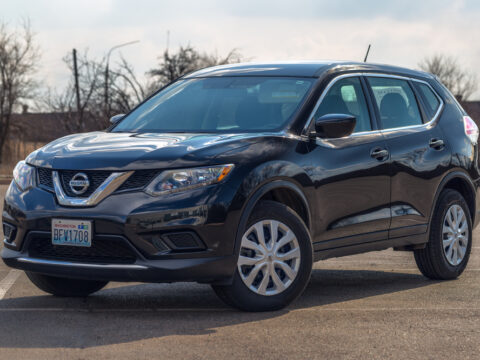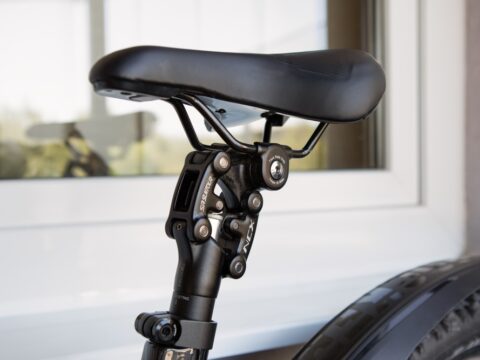Hybrid cars have gained popularity for their promise of better fuel efficiency and lower emissions, but there are some lesser-known downsides that potential buyers should consider. From limited electric range and higher initial costs to complex maintenance and environmental concerns, these dirty truths about hybrid cars reveal important factors that can impact your decision. Here’s what you need to know before making the switch.
Contents
Limited Range in EV Mode
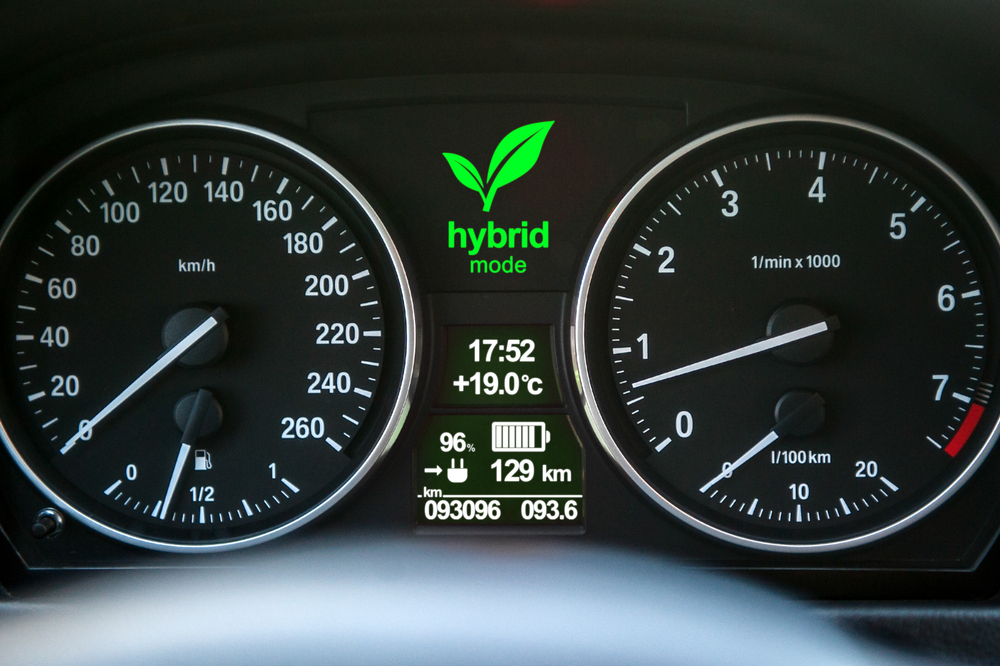
Hybrid cars often boast an electric-only mode, but the reality is that the range in this mode is quite limited. Most hybrids can only travel 20 to 50 miles on electricity alone before needing to switch to the gasoline engine. This limitation can be inconvenient for those looking to drive solely on electric power, especially for longer commutes or trips. For example, if you plan a 100-mile journey, the gasoline engine will kick in for a significant portion of the trip, thus reducing the anticipated savings on fuel and emissions.
Fuel Dependency

Despite having an electric motor, hybrids are still dependent on gasoline. The dual-engine setup means that you will still need to refuel at gas stations, which can offset some of the environmental benefits and cost savings expected from electric driving. This dependency can be a drawback for those aiming to minimize their carbon footprint. Moreover, in regions with fluctuating fuel prices, this can also impact the overall cost-effectiveness of owning a hybrid vehicle.
Lack of Charging Infrastructures
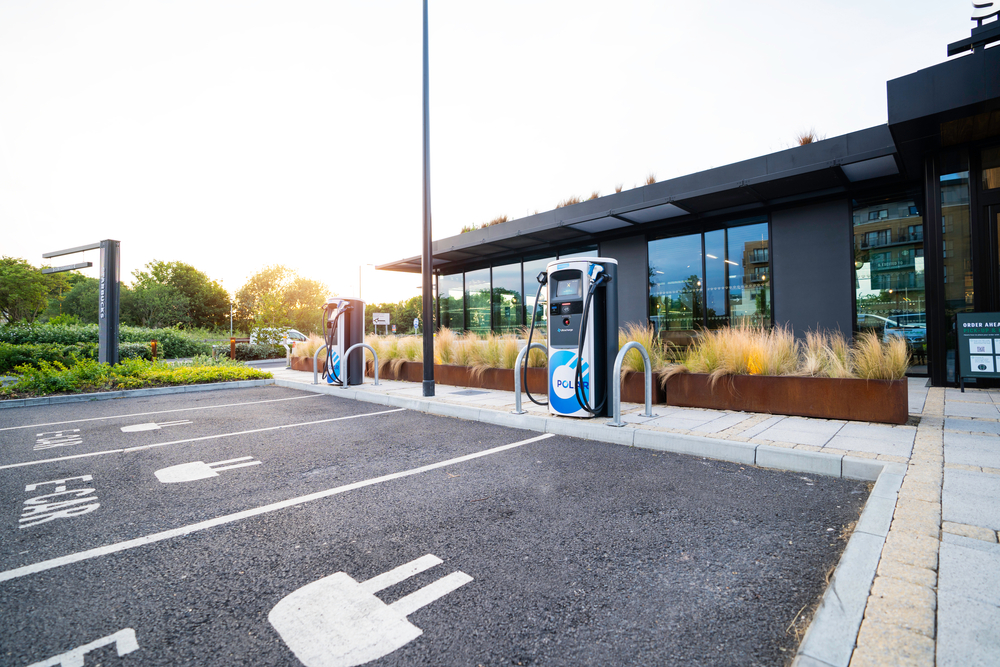
While fully electric vehicles are becoming more popular, the infrastructure for charging them, particularly in remote or rural areas, is still lacking. This can be a significant inconvenience for hybrid owners who wish to maximize their electric driving but find it challenging to locate charging stations. The situation is improving, but until a comprehensive network is established, hybrid owners might face difficulties, especially on long journeys or in less urbanized regions.
Cold Weather Can Reduce Electric Range
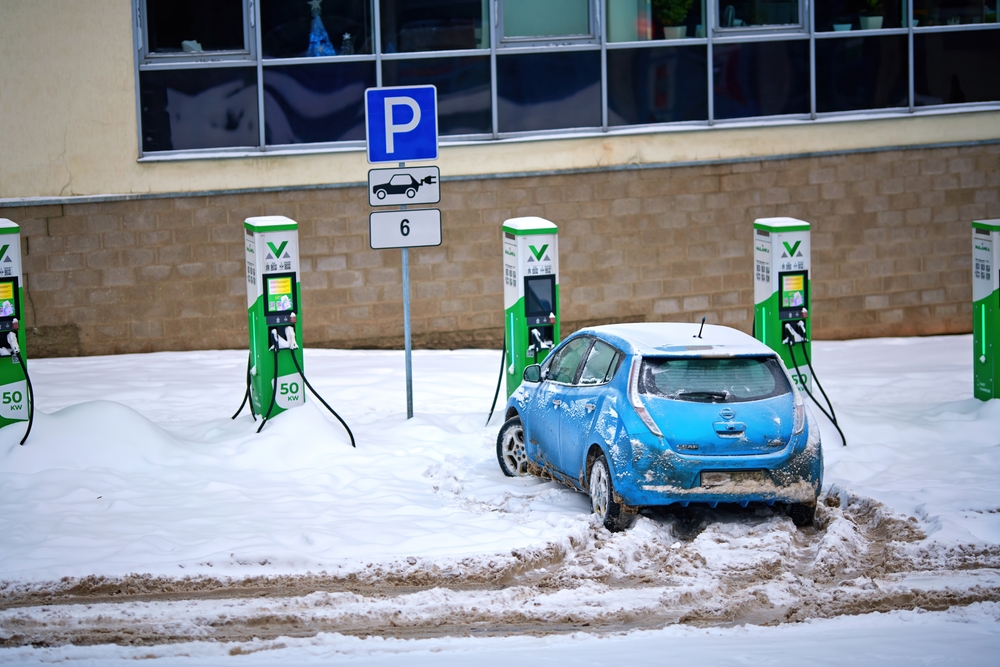
Hybrid vehicles often experience a reduction in electric range during cold weather. Batteries are less efficient in low temperatures, leading to a decreased electric-only range. This can be a significant drawback for those living in colder climates, as the gasoline engine will kick in more frequently, reducing overall fuel efficiency. Additionally, the need for heating can further drain the battery, compounding the problem and making hybrids less attractive in such environments.
Higher Initial Investment
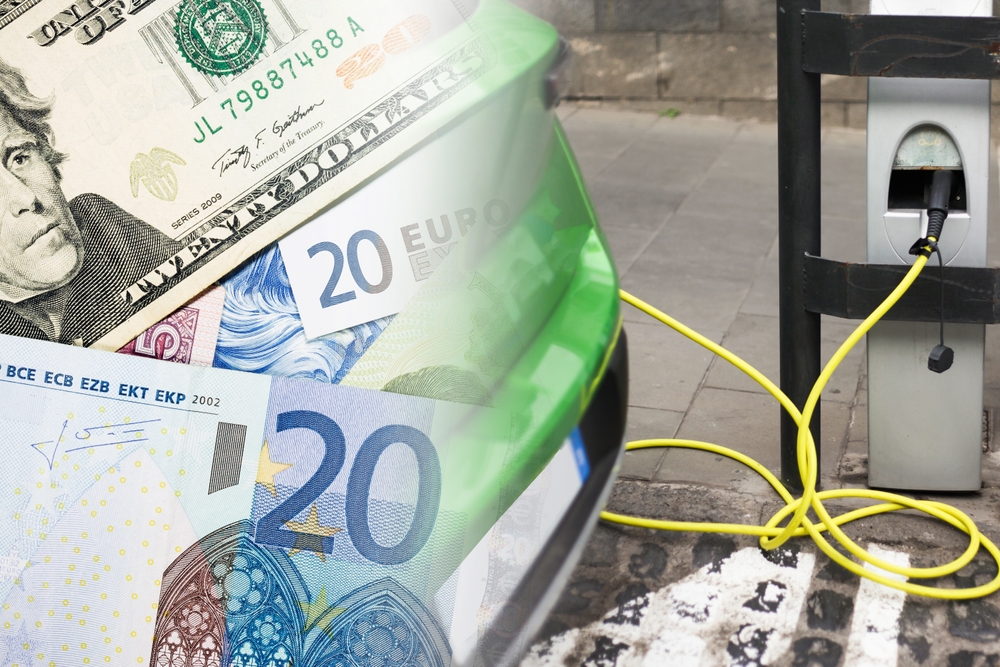
Hybrid cars generally come with a higher price tag compared to their conventional gasoline counterparts. This higher initial investment can be a deterrent for many potential buyers, as the cost savings on fuel might not offset the higher purchase price within a reasonable time frame. Even with government incentives or rebates, the upfront cost can still be prohibitively high for many consumers, making it a significant financial consideration.
Weight

The addition of an electric motor and battery pack makes hybrids heavier than traditional cars. This extra weight can affect handling and performance, making hybrids feel less nimble and more cumbersome to drive. It also impacts fuel efficiency since the gasoline engine has to work harder to move the additional weight. The increased weight can also lead to faster wear and tear on tires and brakes, contributing to higher maintenance costs over time.
Battery Life Concerns
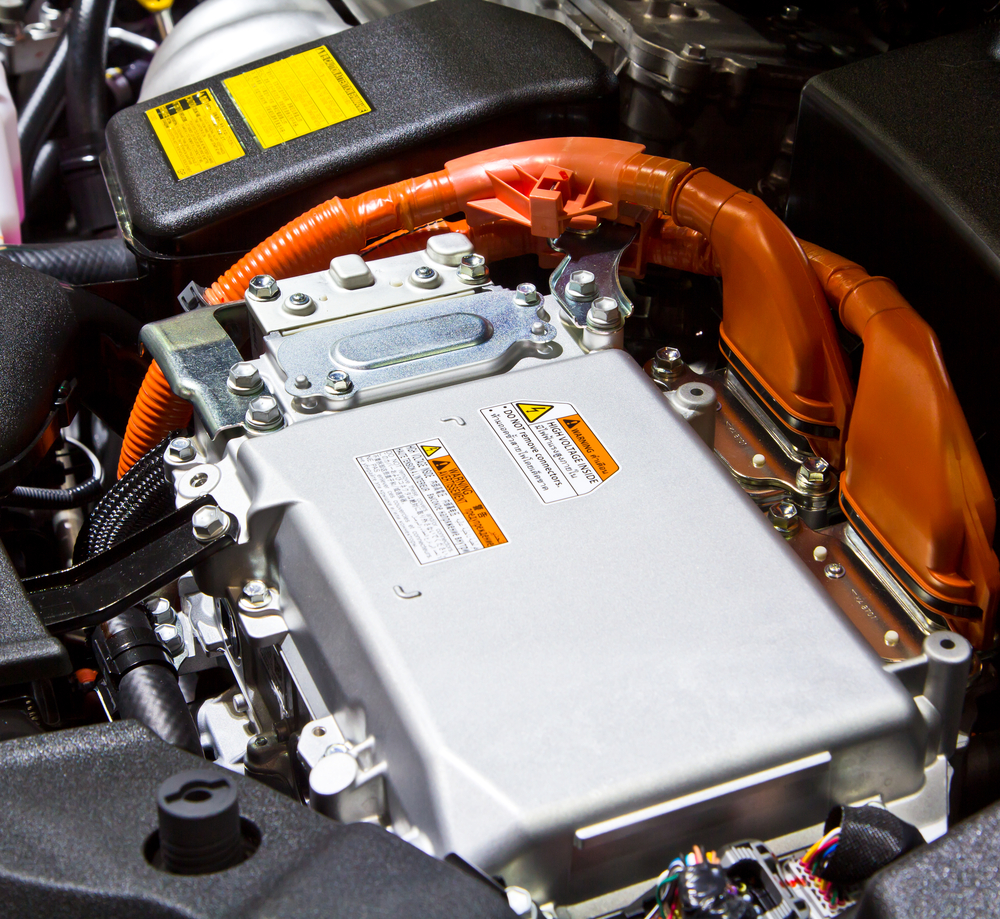
Batteries in hybrid cars have a finite lifespan and can degrade over time. This degradation can reduce the vehicle’s overall efficiency and performance. Battery replacement can be costly, and concerns about battery longevity can be a significant consideration for prospective hybrid owners. Owners might also worry about the environmental impact of disposing of old batteries, which adds another layer of complexity to the ownership experience.
Battery Cost
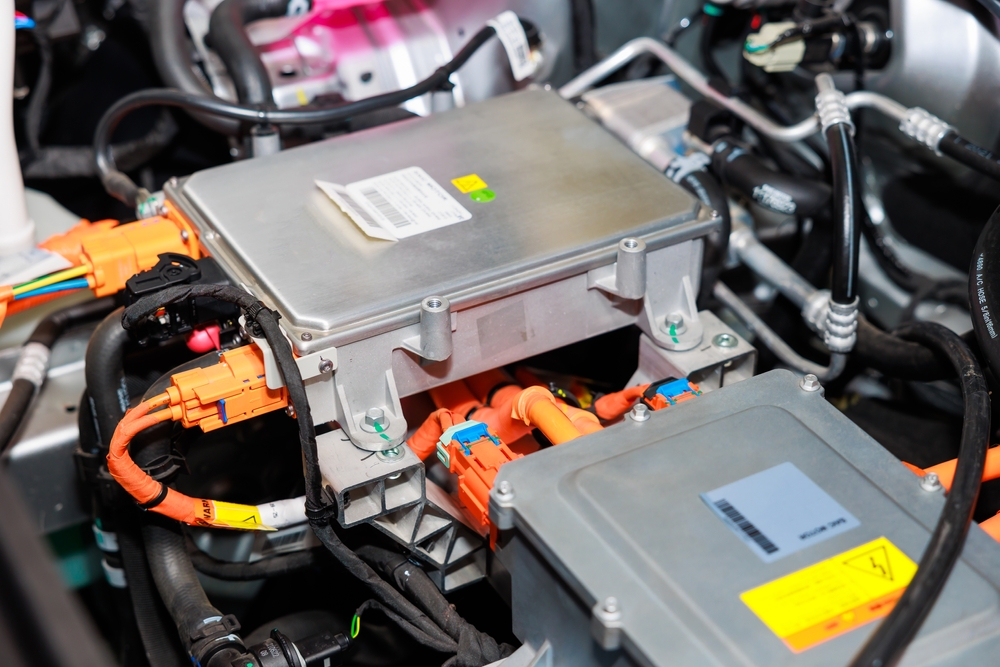
The cost of replacing a hybrid car battery can be substantial, often running into thousands of dollars. This potential expense can deter buyers who are wary of long-term ownership costs, especially as the vehicle ages and the likelihood of battery replacement increases. The financial burden of a battery replacement can negate the fuel savings accrued over the years, making hybrids less appealing from an economic standpoint.
Resale Value

Hybrid cars often suffer from lower resale values compared to traditional vehicles. Potential buyers might be concerned about battery life and the higher cost of replacement parts, leading to lower demand in the used car market. This can be a downside for owners looking to sell their hybrid after a few years. Additionally, the rapid advancements in hybrid technology can make older models less desirable, further depressing resale values.
Increased Maintenance
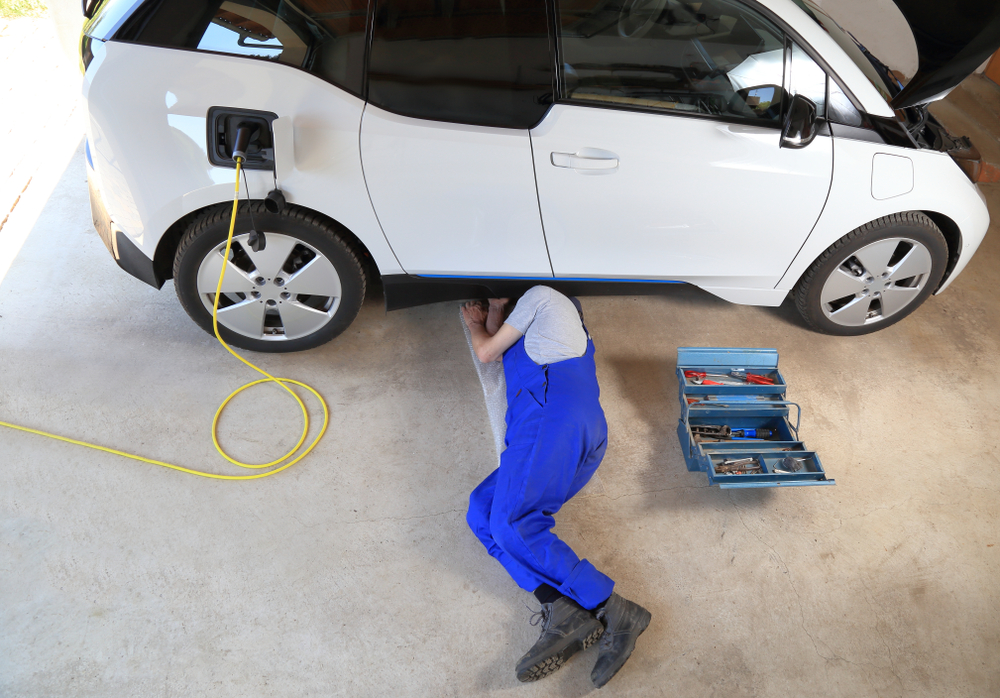
Hybrid vehicles can require more complex maintenance due to their dual-engine systems. This complexity can lead to higher maintenance costs and more frequent trips to the mechanic. Additionally, not all mechanics are familiar with hybrid technology, which can further complicate repairs and maintenance. Owners might need to seek out specialized service centers, which could be less convenient and more expensive.
Compromised Performance
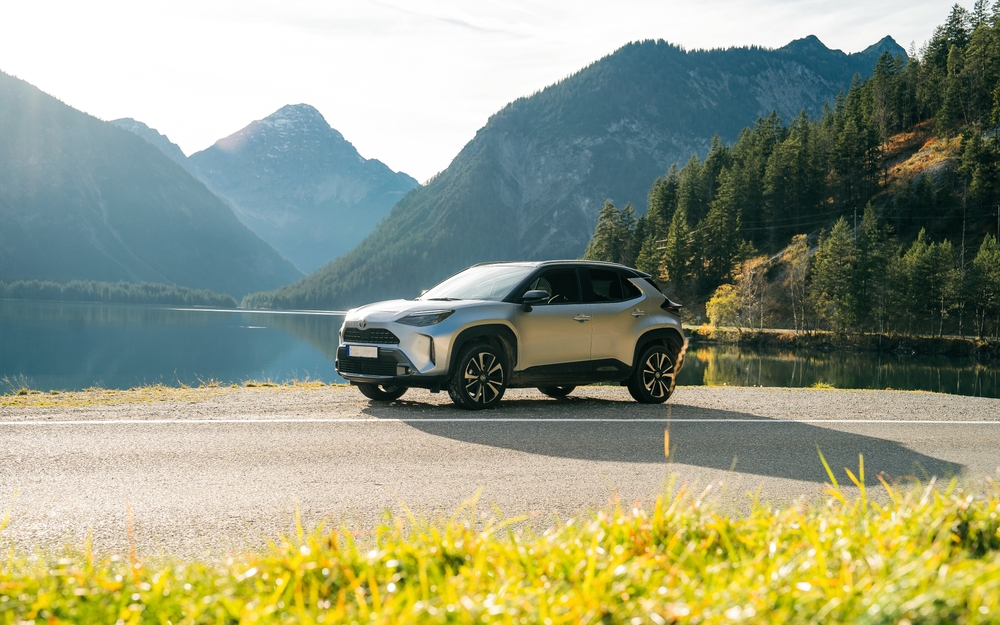
The need to balance between an electric motor and a gasoline engine can result in compromised performance. Hybrids often have slower acceleration and less responsive handling compared to conventional vehicles, which can be a turn-off for driving enthusiasts. The transition between the two power sources can also be less smooth, leading to a driving experience that feels less refined and more disjointed.
Limited Towing Capacity
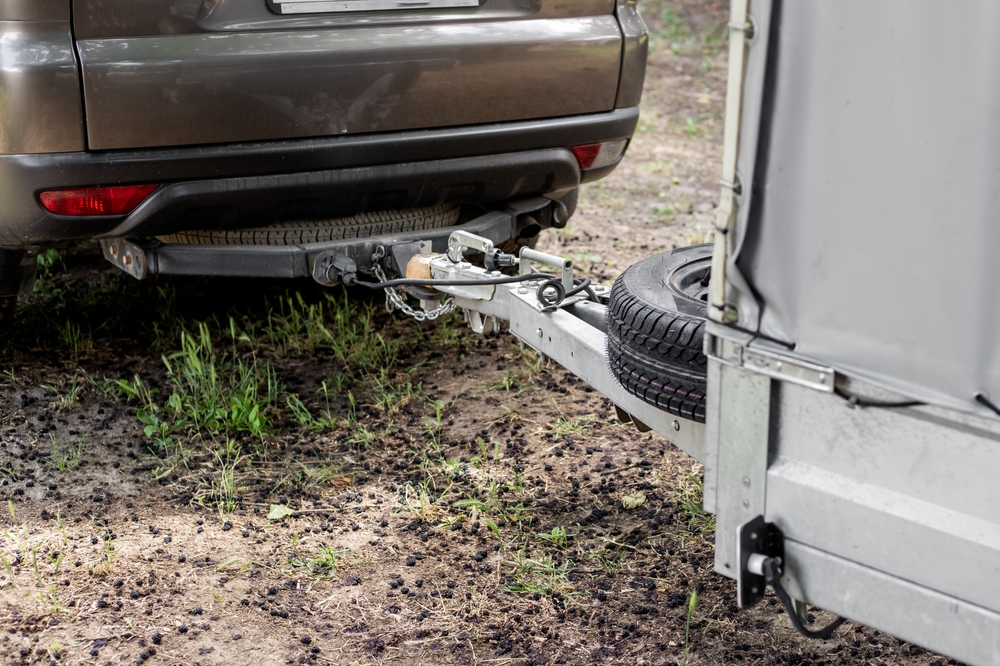
The additional weight and complex drivetrain of hybrid cars often result in limited towing capacity. This can be a significant limitation for those who need to tow trailers, boats, or other heavy loads, making hybrids less versatile for certain activities. For families or individuals who engage in outdoor activities or own recreational equipment, this limitation can be a major drawback.
Smaller Cargo Space

The batteries and additional components required for hybrid systems often take up space that would otherwise be used for cargo. This reduction in available storage can be inconvenient for families or individuals who need extra room for luggage, groceries, or other items. The design compromises made to accommodate hybrid technology can make these vehicles less practical for daily use.
Variable Fuel Efficiency
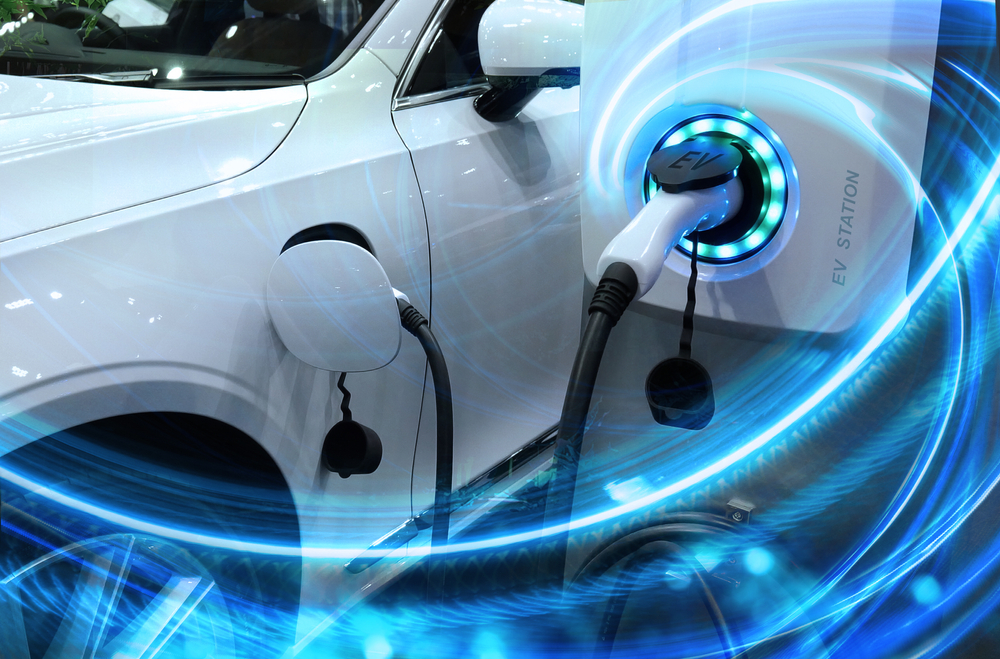
While hybrids are designed to be fuel-efficient, their actual fuel efficiency can vary widely depending on driving conditions and habits. City driving might yield better results due to regenerative braking, but highway driving can diminish these benefits, leading to less predictable fuel savings. Drivers may find that their real-world fuel economy does not match the advertised figures, leading to potential disappointment.
Complex Technology

The advanced technology used in hybrid cars can be both a blessing and a curse. While it offers improved fuel efficiency and lower emissions, it also introduces more points of failure and can be more challenging to repair. Owners may find themselves dealing with unexpected issues that are difficult and costly to fix. The reliance on complex electronics can also lead to reliability concerns, especially as the vehicle ages.
This article originally appeared on MyCarMakesNoise.
More from MyCarMakesNoise
16 Key Milestones in the Evolution of Tanks

From the early designs that changed battlefield strategies to the advanced technology of today, each milestone marks a step forward in combat effectiveness and innovation. Read More.
20 Motorcycles That Push the Limits of Speed
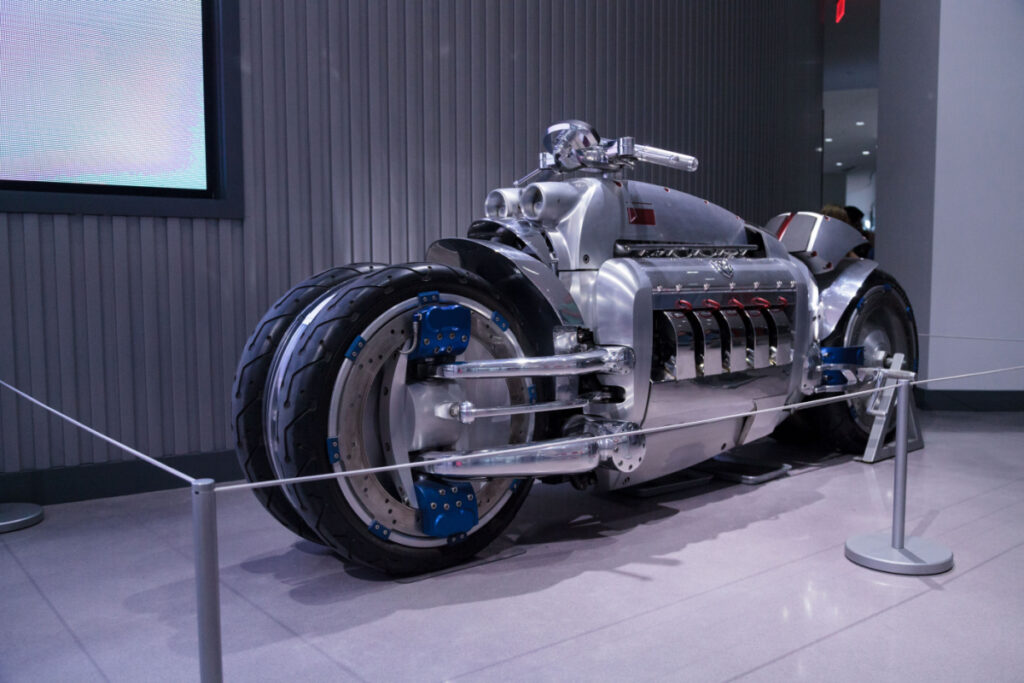
These bikes are not just about top speed; they are engineered for quick takeoffs and breathtaking performance. Get ready to explore the machines that redefine what it means to go fast. Read More.
20 Top-Selling Lincolns That Defined the Brand
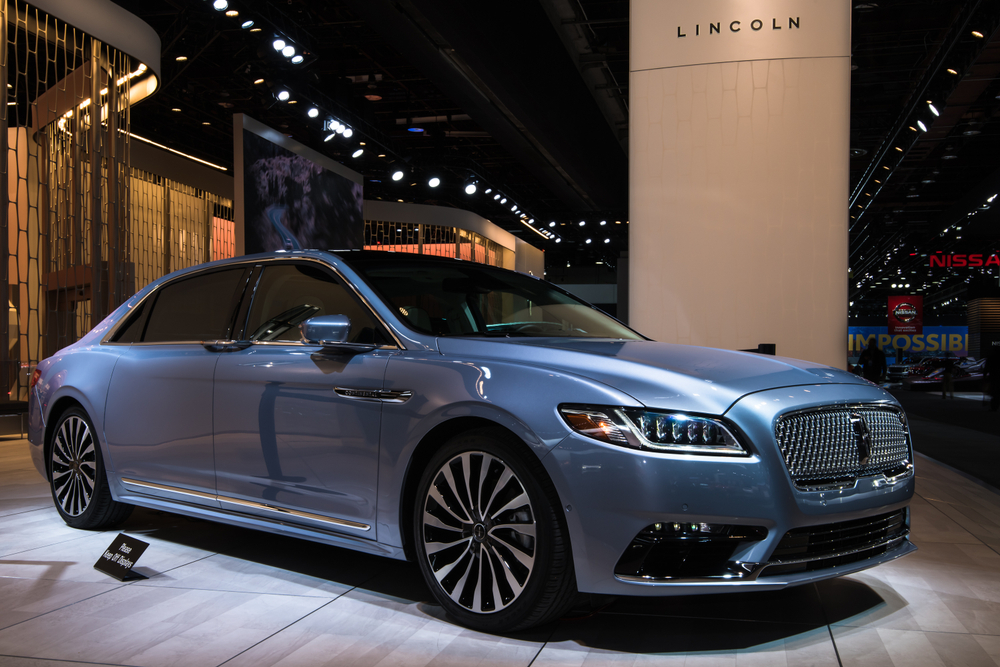
In this article, we take a look at the 20 best-selling Lincolns of all time, showcasing the models that have set the standard for style, comfort, and performance. From classic sedans to modern SUVs, these Lincolns have left a lasting mark on the automotive world. Read More.


